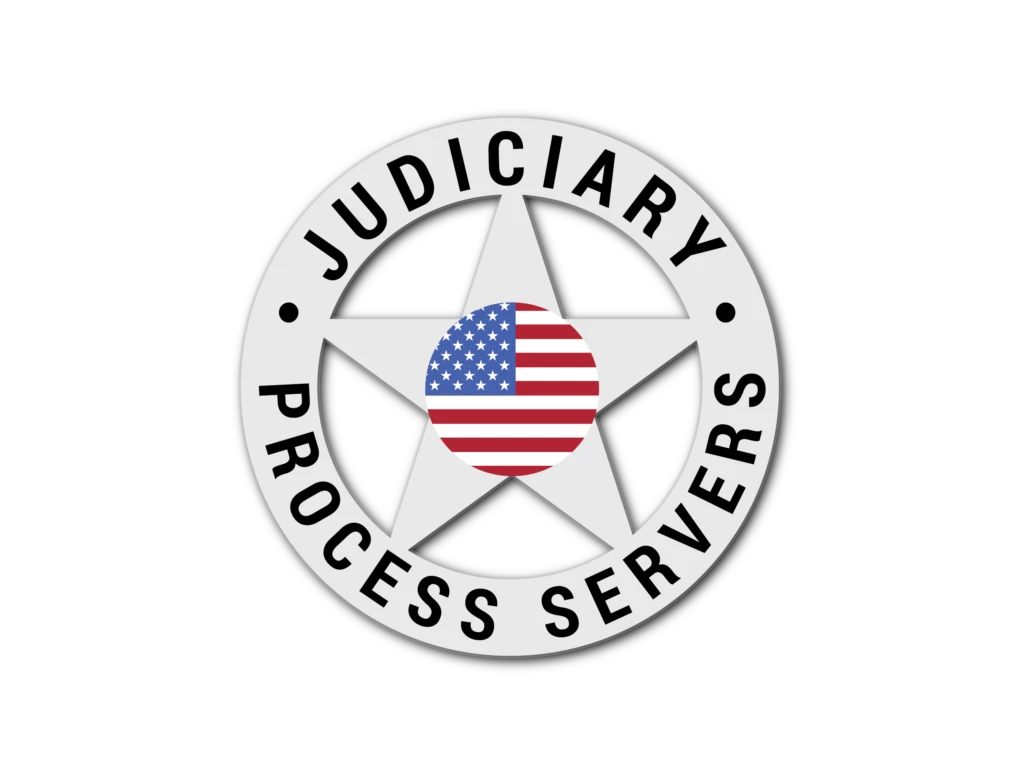Serving Legal Documents in Protective Order Cases
Serving Legal Documents In Protective Order Cases
What are Protective Orders?
A Protective Order is granted by a Judge and mandates that the defendant maintains a distance from you. It is important to ensure that the defendant does not enter your home or approach you at your place of work or school. If the defendant were to violate the Protective Order, it could result in the filing of a new charge and potential arrest. There are four distinct types of Protective Orders. In certain cases, the Municipal (Criminal) court has the authority to issue either a Domestic Violence Temporary Protective Order (DVTPO) or a Criminal Protective Order (CRPO). The specific order that is issued depends on the nature of the charge and your relationship to the defendant. Civil (Domestic) Court issues Civil Protective Orders (CPO) if you have a familial or domestic relationship with the defendant. If you are being stalked, the Common Pleas Court has the authority to issue a Civil Stalking or Sexually Orientated Offense Protective Order (SSOOPO).
What occurs when the individual facing allegations is served with a Protective Order?
When filing for a protective order, the judge carefully considers your complaint and based on the circumstances, may issue a temporary protective order against the accused individual. This is commonly referred to as a “ex parte order” and is intended to have a duration of only 10 days, as the accused individual was not present in court to provide a defense against the allegations. However, the judge determined that there was sufficient compelling evidence to rule in your favor until the court could hear from both parties in a hearing.
When an individual is notified of a protective order, they will receive the ex parte order, a copy of the court filing, and a summons to a hearing. There will also be clear instructions to follow:
- Turning over firearms to the local sheriff;
- Departing from a shared home in the event of certain type of protective order;
- Adhering to a temporary custody agreement for shared children;
- Keeping a certain distance from the person making false accusations; and
- Ceasing communication with the individual making the allegations
The importance of timelines for serving legal documents
In situations involving protective orders, it is crucial to ensure that process service is carried out promptly. Delays can jeopardize the safety of the individual seeking protection. Process servers have a deep understanding of the importance of their role and diligently adhere to all legal requirements to promptly and professionally deliver documents. Process servers play a crucial role in the legal system, diligently safeguarding the rights of individuals who are seeking protective orders. Through their skilled execution of these orders, they contribute to establishing a secure and protected atmosphere for the vulnerable, providing reassurance to those who require it the most. If you or someone you know requires a protective order, it’s important to remember that there is support available throughout the entire process. There are professionals who are committed to ensuring that you receive the protection you deserve. With the assistance of process servers, you can take a crucial step towards a more promising and secure future.
The Role of Process Servers in Serving Legal Documents in Protective Order Cases
At times, life presents us with challenging situations where we may feel overwhelmed and in need of support. During these moments, the legal system can provide the necessary protection and assistance. If someone is concerned about their safety due to the actions of another person, obtaining a protective order can be a crucial step in finding peace and security. A protective order is a legal document that provides individuals with a means of safeguarding themselves from potential harm. Obtaining a protective order can be quite challenging, and that’s where the expertise of process servers becomes invaluable. They ensure that protective orders are served correctly and in accordance with the law to ensure the safety of the person in need of protection.
Process servers, often overlooked but crucial in the legal system, have a vital role in serving protective orders. Their main duties involve:
- Delivering the Protective Order: Ensuring that the person the protective order is filed against is properly notified is crucial for its effectiveness. Process servers are responsible for ensuring that the order is delivered to the intended recipient in a secure and efficient manner, ensuring that they are properly informed of the legal action being taken against them.
- Verification of Service: Process servers are tasked with serving legal documents, such as protective orders. It is essential in court proceedings to thoroughly document and verify the proper service of documents.
- Remaining Impartial: Process servers act as neutral third parties, ensuring that the service process is conducted in a fair and unbiased manner. This is particularly crucial when there is a high level of emotional intensity, and conflicts are at play.
What happens if the accused person is evading a process server?
If the accused person evades a process server, it certainly adds a level of complexity to your pursuit of legal action against them. However, that doesn’t imply that you’re unable to pursue legal recourse. If you can demonstrate to the judge that you have made a reasonable effort to serve the accused individual but have been unsuccessful, the judge may provide them with alternative methods to serve you. If the accused person is evading a process server, a judge may grant permission for the papers to be left at their home or business with any responsible individual over the age of 18. A judge may also permit the summons to be sent to their home or business address through certified mail. If either of these methods are unsuccessful, the judge may grant you the opportunity to pursue legal recourse by publishing notices in local newspapers.
Ensure that your papers are served by working with seasoned, professional process servers.
There is a misconception that evading a process server can protect you from legal consequences. I’m sorry, but that statement is incorrect. It only delays the inevitable and prolongs the process. Therefore, the accused individual has no incentive to evade being served. You can reach out to us at Judiciary Process Servers if you need to serve any documents in a protective order case. We know how to reach different types of people, even those who are actively avoiding service, thanks to our years of experience.
AGGRESSIVE AND PROFESSIONAL NATIONWIDE PRIVATE PROCESS SERVERS
Here at Judiciary Process Servers, it’s our number one priority to make your job easier. Whether you need legal documents served, a foreign subpoena domesticated, or court documents retrieved, our expert team of professionals are ready to help. Call today for a free quote!
Account
Connect
National Headquarters
8482 Fort Smallwood Road
Suite B-110
Pasadena, MD 21122
8482 Fort Smallwood Road
Suite B-110
Pasadena, MD 21122
© Copyright by Judiciary Process Servers 2021 | Web Design by Exo Agency
No products in the cart.

